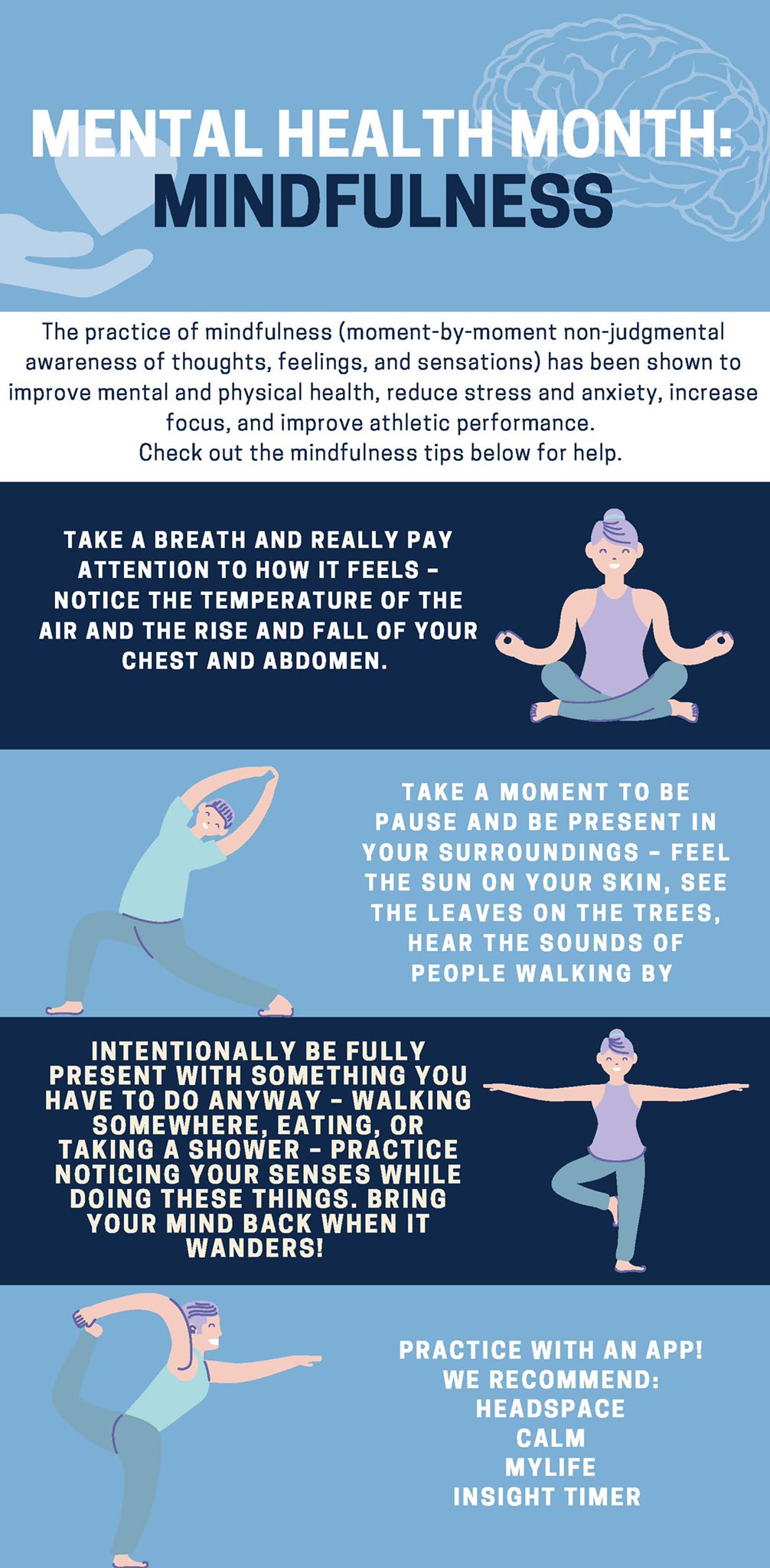Introduction
In the hustle and bustle of modern life, sleep often takes a backseat to our busy schedules. However, prioritizing quality sleep is essential for maintaining optimal health and well-being. In this article, we’ll explore the importance of sleep habits and how they can enhance your overall health.
Understanding Sleep
Sleep is a fundamental biological process that plays a vital role in maintaining physical, mental, and emotional health. During sleep, the body undergoes essential processes such as repair and regeneration, hormone regulation, and memory consolidation. Without adequate sleep, these processes can be disrupted, leading to a host of health problems.
Physical Health Benefits
Quality sleep is essential for physical health and can have a profound impact on various bodily systems. Adequate sleep helps regulate blood pressure, support immune function, and promote healthy metabolism and weight management. Chronic sleep deprivation has been linked to an increased risk of obesity, diabetes, heart disease, and other chronic health conditions.
Mental Health Benefits
In addition to its physical benefits, sleep is also crucial for mental health and cognitive function. Getting enough sleep can improve mood, enhance concentration and focus, and support overall mental well-being. On the other hand, chronic sleep deprivation is associated with an increased risk of anxiety, depression, and other mood disorders.
Emotional Regulation
Sleep plays a vital role in emotional regulation, helping us navigate the ups and downs of daily life. Adequate sleep can help regulate emotions, reduce stress levels, and improve resilience in the face of challenges. Conversely, sleep deprivation can lead to irritability, mood swings, and difficulty coping with stressors.
Immune Function
Sleep is closely linked to immune function, with adequate sleep playing a critical role in supporting a healthy immune system. During sleep, the body produces cytokines, proteins that help regulate the immune response to infection and inflammation. Chronic sleep deprivation can weaken the immune system, making you more susceptible to illnesses such as colds, flu, and infections.
Optimizing Sleep Habits
Given the importance of sleep for overall health, it’s essential to prioritize healthy sleep habits. This includes establishing a regular sleep schedule, creating a relaxing bedtime routine, and creating a sleep-friendly environment. Avoiding caffeine, alcohol, and electronics before bed can also help improve sleep quality.
Finding Balance
In today’s fast-paced world, finding balance between work, social life, and sleep can be challenging. However, prioritizing sleep is crucial for maintaining optimal health and well-being. By making sleep a priority and adopting healthy sleep habits, you can enhance your physical, mental, and emotional health and enjoy a higher quality of life.
Conclusion
In conclusion, sleep is a critical component of overall health and well-being. Prioritizing quality sleep and adopting healthy sleep habits can have profound benefits for physical, mental, and emotional health. By understanding the importance of sleep and making it a priority in your life, you can enhance your health and enjoy a happier, more fulfilling life. Read more about health by habit sleep






